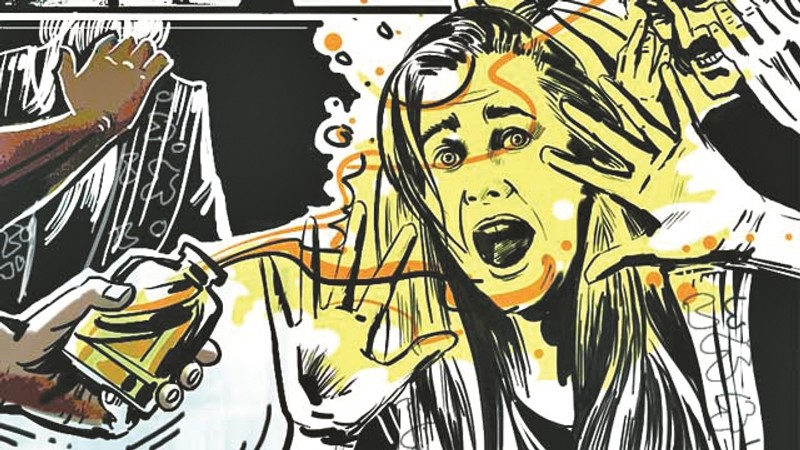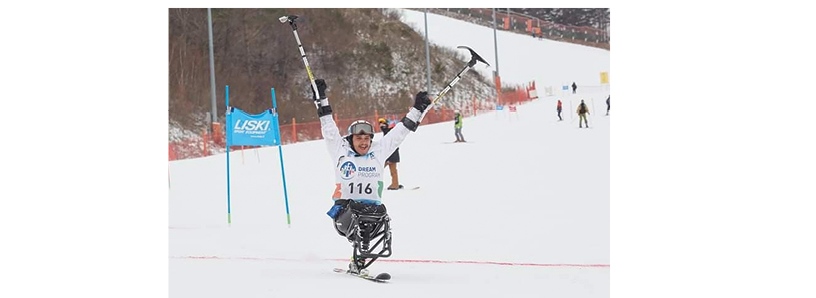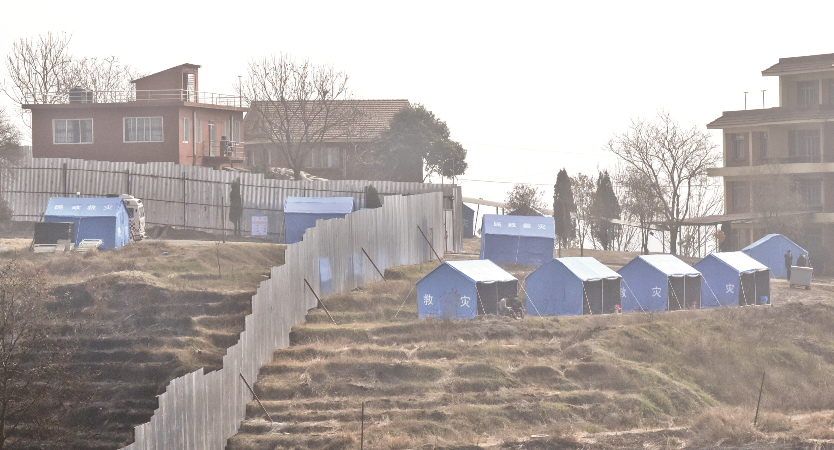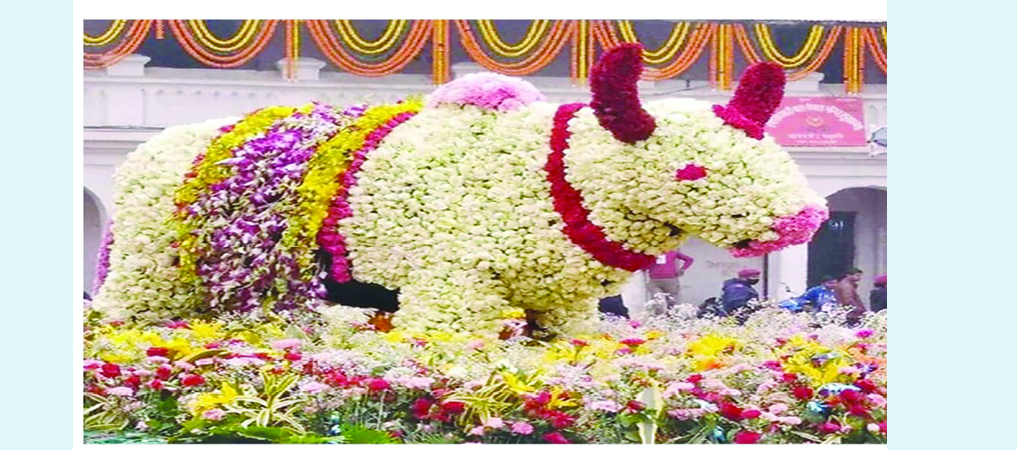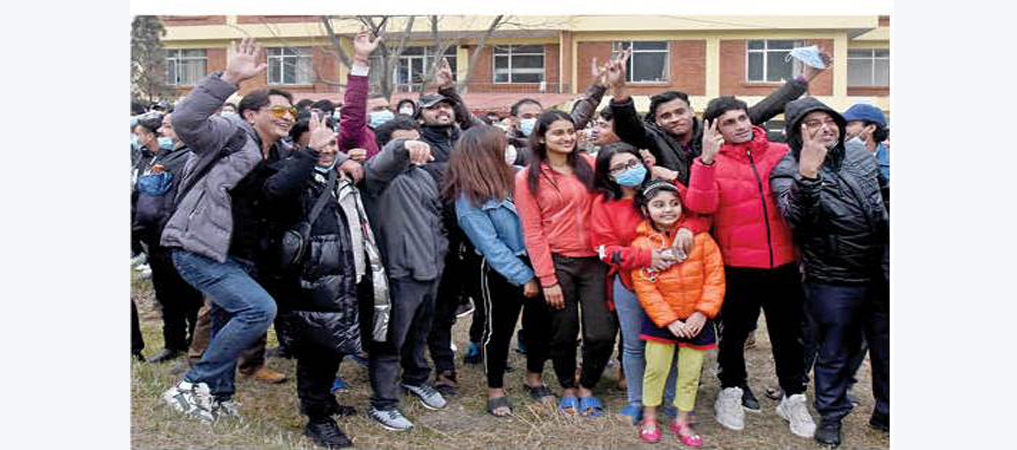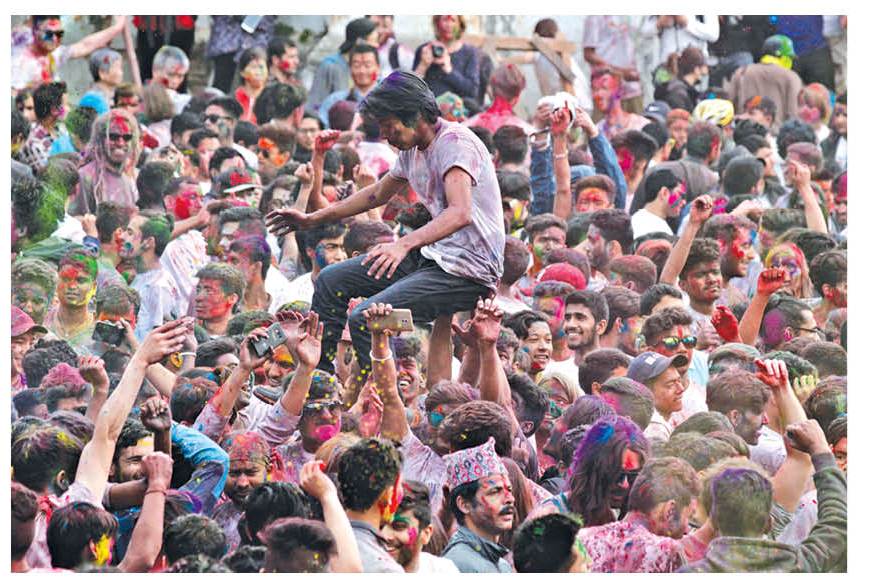Reinstated House determines future political course: Experts

By Sampada A. Khatiwada
Kathmandu, Feb. 25: Following the Supreme Court’s order to reinstate the House of Representatives (HoR), the entire nation is eagerly waiting what course politics will take in the days ahead.
While the opposition parties, civil society, and the rival faction of the Nepal Communist Party have welcomed the Apex Court’s verdict to reverse Prime Minister KP Sharma Oli’s decision to dissolve the HoR, the political and constitutional experts have been stating that the forthcoming political scenario of the nation would depend on the dynamics of the reinstated House.
Kashi Raj Dahal, former chairperson of the administrative court, said, “Now the government must summon the House session within 13 days as per the mandamus issued by the SC. After the session is called, either Prime Minister Oli should win the confidence of the majority of the members of the HoR or a no-confidence motion should be passed to remove him.”
Dahal added that the party which tables the no-confidence motion against the Prime Minister should also nominate an alternative Prime Minister. “Following the SC verdict, the Prime Minister is left with two alternatives. He can either resign from his post or face the no-confidence motion in the HoR.”
He stressed that the party holding majority votes in the Lower House would form the government. “If no party holds a clear majority, then the House will ipso facto be dissolved as per Article 76 of the Constitution. However, this last alternative is likely to take place only if the House fails to appoint new Prime Minister with majority votes.”
Likewise, Dhurba Hari Adhikary, senior journalist, said, “Some people have been voicing that the Apex Court’s landmark verdict has rescued the Constitution. To add to it, since the dissolution of the HoR was an outcome of a political issue, the court’s verdict has taken the intra-party rift of the Nepal Communist Party (NCP) back to square one. Meaning, along with the judiciary’s decision to reinstate the HoR, the political scenario of the nation has also been restored to what it was before the dissolution.”
He added that the feud within the NCP, which was on the verge of division, seemed to be never-ending. “The Prime Minister, through the Chairman, had made an attempt to end the dispute within the party. But as the SC regarded the move as unconstitutional, the Prime Minister has failed,” said Adhikary, adding, “Thus, the time has come for Prime Minister Oli to take moral and political responsibility and resign. This is the best course of action in the present political scenario.”
“This way, the NCP’s intra-party dispute will also come to an end and the Prime Minister will also be able to set a healthy tradition in Nepali politics. Similarly, possibilities of Oli regaining the position of the executive chief of the government and the head of the NCP will be open,” said Adhikary.
Moreover, constitutional expert Bipin Adhikari said that it was about time for the government to prove its standing on the basis of the votes it collects from the reinstated House.
“The SC has already said that dissolution of HoR was unconstitutional and everyone, including the government, has accepted the verdict. Thus, as soon as the session of the House is called, the Prime Minister should try to validate his status by gaining confidence with majority votes.”
Adhikari added that the intra-party dispute in the NCP could escalate in the upcoming days as both the government and the disgruntled faction would strive to establish their dominance.
“Amid this setting, the role of the main opposition, Nepali Congress (NC), is crucial as the party with whom the NC will tie-up will have higher chances of forming the new government.”
Recent News

Do not make expressions casting dout on election: EC
14 Apr, 2022
CM Bhatta says may New Year 2079 BS inspire positive thinking
14 Apr, 2022
Three new cases, 44 recoveries in 24 hours
14 Apr, 2022
689 climbers of 84 teams so far acquire permits for climbing various peaks this spring season
14 Apr, 2022
How the rising cost of living crisis is impacting Nepal
14 Apr, 2022
US military confirms an interstellar meteor collided with Earth
14 Apr, 2022
Valneva Covid vaccine approved for use in UK
14 Apr, 2022
Chair Prachanda highlights need of unity among Maoist, Communist forces
14 Apr, 2022
Ranbir Kapoor and Alia Bhatt: Bollywood toasts star couple on wedding
14 Apr, 2022
President Bhandari confers decorations (Photo Feature)
14 Apr, 2022





